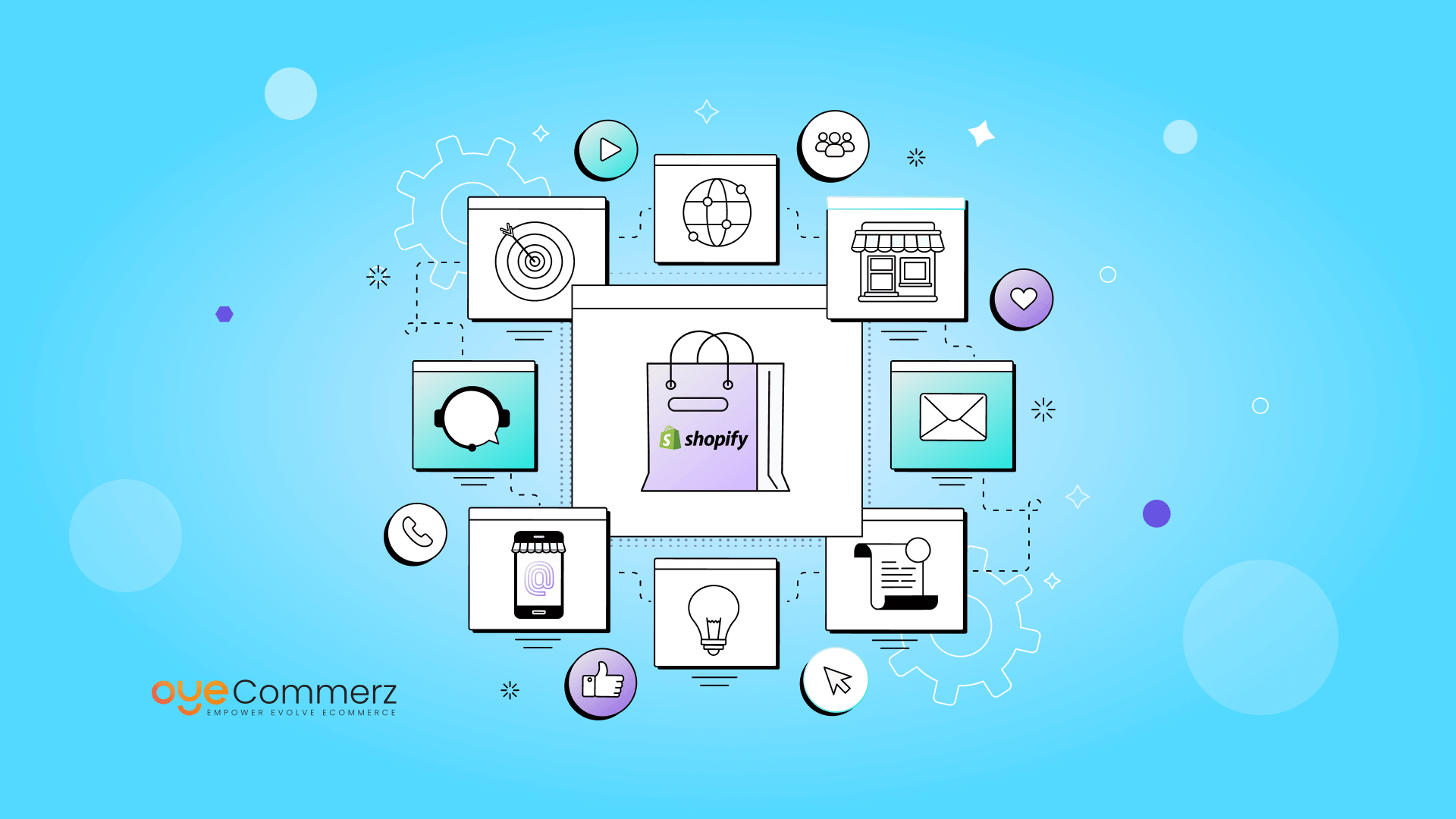Overview
In today’s cutthroat e-commerce landscape, standing out is essential, and one of the best ways to set apart a Shopify store is through custom app creation. A well-built Shopify app can boost store functionality, simplify processes, and elevate customer interaction. This article explores essential aspects of Shopify app development, from API integration to scaling strategies and promotion methods, providing a roadmap for businesses looking for unmatched store efficiency.
The Importance of Shopify API Integration
Shopify’s API offers robust tools to customize and expand store functionalities. With the GraphQL and REST API options, developers can retrieve information to create apps that manage inventory management, order processing, and customer information management seamlessly. Using Shopify’s API can enable improved workflow automation and allows stores to assist shoppers more effectively.
Adopting the Polaris Design System
Shopify’s Polaris is Shopify's design system for designing intuitive and accessible Shopify apps. By following Polaris principles, developers ensure that apps seamlessly integrate within the Shopify Admin interface. This provides a cohesive look and feel that appeals to Shopify merchants, promoting ease of use and comfort for merchants using your custom app.
Understanding the Shopify App Ecosystem
The Shopify app ecosystem offers endless possibilities for enhancing e-commerce sites. From handling order fulfillment to boosting customer engagement, apps in this environment are designed to meet diverse business needs. Learning about this system helps developers in identifying unique app opportunities and enables smooth connections of third-party services that add value to the store.
Developing Embedded Shopify Apps
Embedded apps work seamlessly within the Shopify Admin, allowing a seamless experience for merchants. They ensure that merchants do not need to leave their Shopify control panel, simplifying their process. Using Shopify App Bridge and embedded app capabilities is recommended for offering a unified, well-integrated user experience.
Leveraging Node.js and React for Shopify Development
The technologies Node.js and React have become top options for Shopify app creation. Node.js enables efficient back-end services, while React enables interactive and adaptive front-end design. Webhooks in Shopify Together, they offer an strong framework for building fast, growth-ready Shopify apps that improve store functionality and customer interaction.
Utilizing Webhooks in Shopify Development
Webhooks enable instant data updates between Shopify and an outside application. They initiate events such as order creation or inventory updates and send instant notifications to your app. By implementing webhooks, apps can provide up-to-date insights for store owners, simplifying processes and increasing efficiency.
Customer Engagement and Digital Marketing for Shopify Apps
To make a Shopify app successful, engaging customers is crucial. Utilizing online marketing techniques like SEO, email marketing, and social outreach can increase app usage. Additionally, creating applications with customer engagement in mind (e.g., loyalty programs or personalized suggestions) boosts user loyalty and satisfaction.
Making Your Shopify App Scalable
As e-commerce stores expand, so do their technology requirements. Making sure that your app Use Node.js in Shopify apps can scale to handle increased traffic, larger databases, and more complex functionalities is essential. By improving server capacity and implementing scalable technologies, you can develop apps that grow in tandem with a store’s success.
Essential Features and Maintenance for Shopify Apps
For an app to be effective, it should include essential features like user login, analytics dashboard, and customer support options. Regular app maintenance, with updates to fix bugs and ensuring compatibility with new Shopify functionalities, is important to ensure uninterrupted performance and avoid interruptions to merchant workflows.
Conclusion
Custom Shopify app development holds vast potential for e-commerce businesses, providing the chance to improve store functionality, simplify operations, and foster customer loyalty. With API integrations and Node.js to focusing on scalability and customer engagement, creating a Shopify app requires thoughtful preparation and well-planned actions. If you’re ready to elevate your e-commerce experience, a custom Shopify app could be the perfect solution. What capabilities do you envision for your ideal app? Share your thoughts and take the first step toward an optimized e-commerce experience!
